
Business
10:07, 16-Nov-2017
Ex-US official warns ‘Made in China 2025’ may raise tensions with partners
By Han Jie
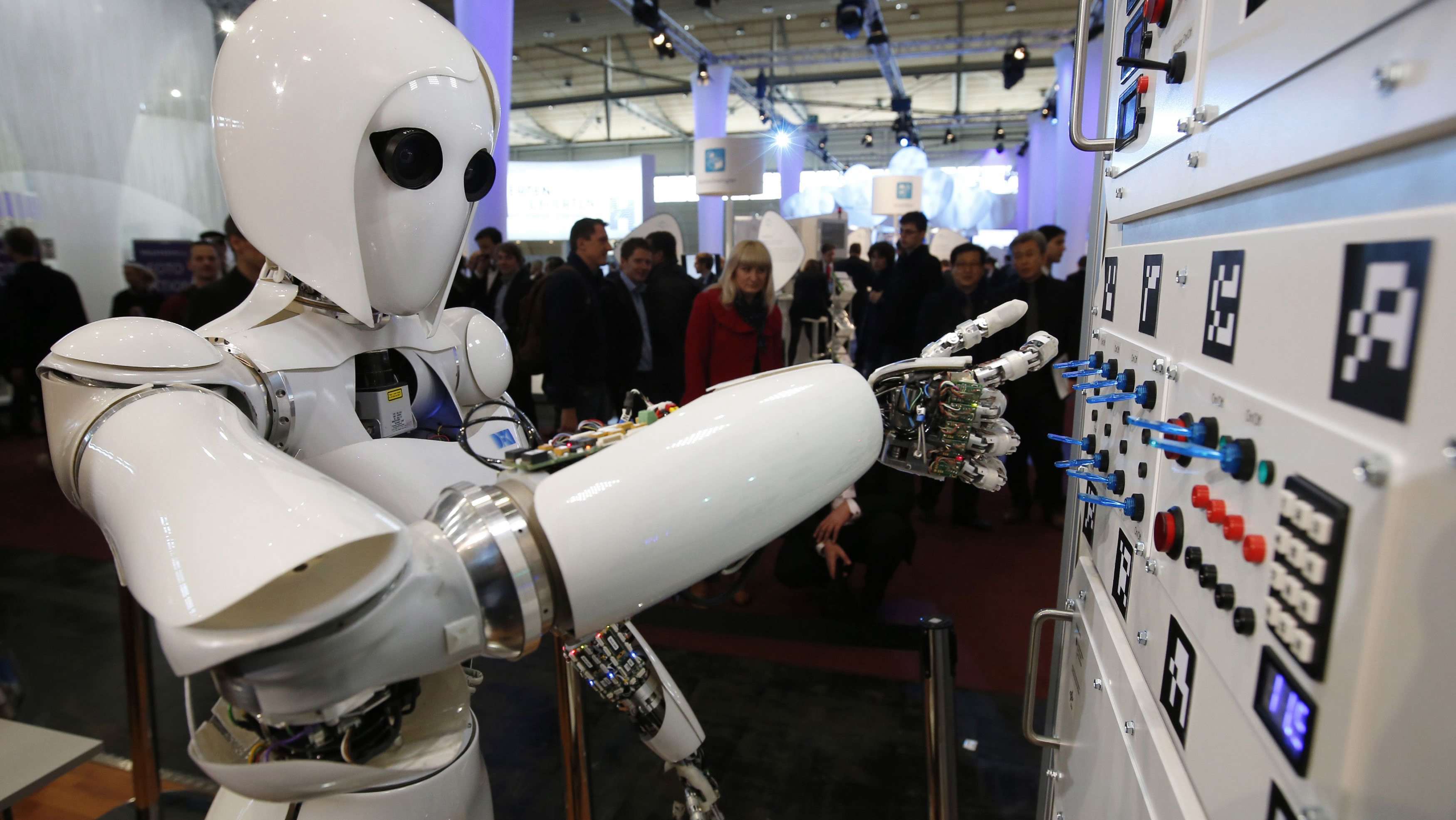
Former US Treasury Secretary Jack Lew on Wednesday asked China to be aware of its plan to upgrade domestic industry that he said could spark tension with its trade partners.
He made the remarks at the 8th Caixin Summit, warning that Chinese officials must be careful about its “Made in China 2025” plan because it will not lead to actions “that appear outside of China to be either unfair in terms of trading practices or in terms of how intellectual property is treated.”
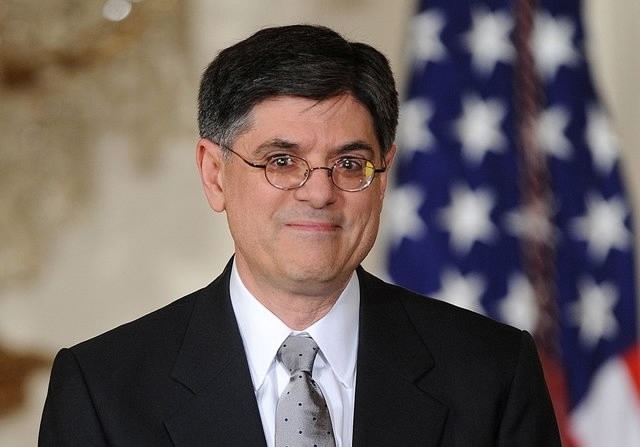
Former US Treasury Secretary Jack Lew /VCG Photo
Former US Treasury Secretary Jack Lew /VCG Photo
"Made in China 2025"
Beijing would fuel fresh impetus to the "Made in China 2025" initiative by implementing five key projects and bringing to life a slew of national innovation demonstration zones, said China’s top regulator for industrial development.
It will narrow down the AI gap with the US, the regulator said.
The pledge is in line with Chinese President Xi Jinping's call to "move Chinese industries up to the medium-high end of the global value chain, and foster many world-class advanced manufacturing clusters."
The plan was articulated at the top-level and is in the first decade of a program of actions to marshal the country's high-end manufacturing horsepower, said Miao Wei, Minister of Industry and Information Technology.
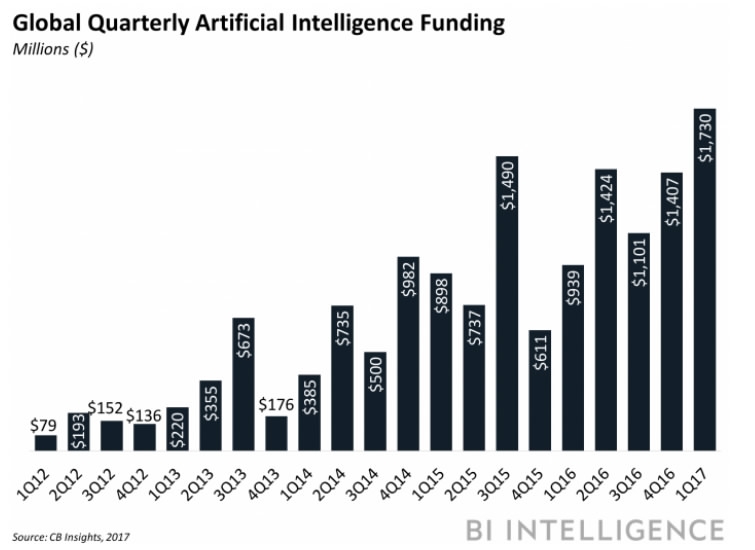
The global market for AI is projected to reach 37 billion US dollars in revenue by 2025, a 57-fold increase from 644 million US dollars in 2016. /Business Insider Photo
The global market for AI is projected to reach 37 billion US dollars in revenue by 2025, a 57-fold increase from 644 million US dollars in 2016. /Business Insider Photo
"In the past two years, China has seen the establishment of the likes of National Power Battery Innovation and 35 provincial-level manufacturing innovation centers, which greatly boosted the country's prowess in core technological breakthroughs," he said.
China’s AI awakening
The goal to move up the industrial value chain is gaining substantial steam, with the ministry unveiling a total of 97 creative manufacturing pilot projects on Monday.
As the world’s second-largest investor in AI after the US – whose companies contributed 66 percent of AI investment in 2016 – Chinese tech giants, such as Alibaba, Baidu and Tencent are increasing their AI investments as they strive to stay competitive.
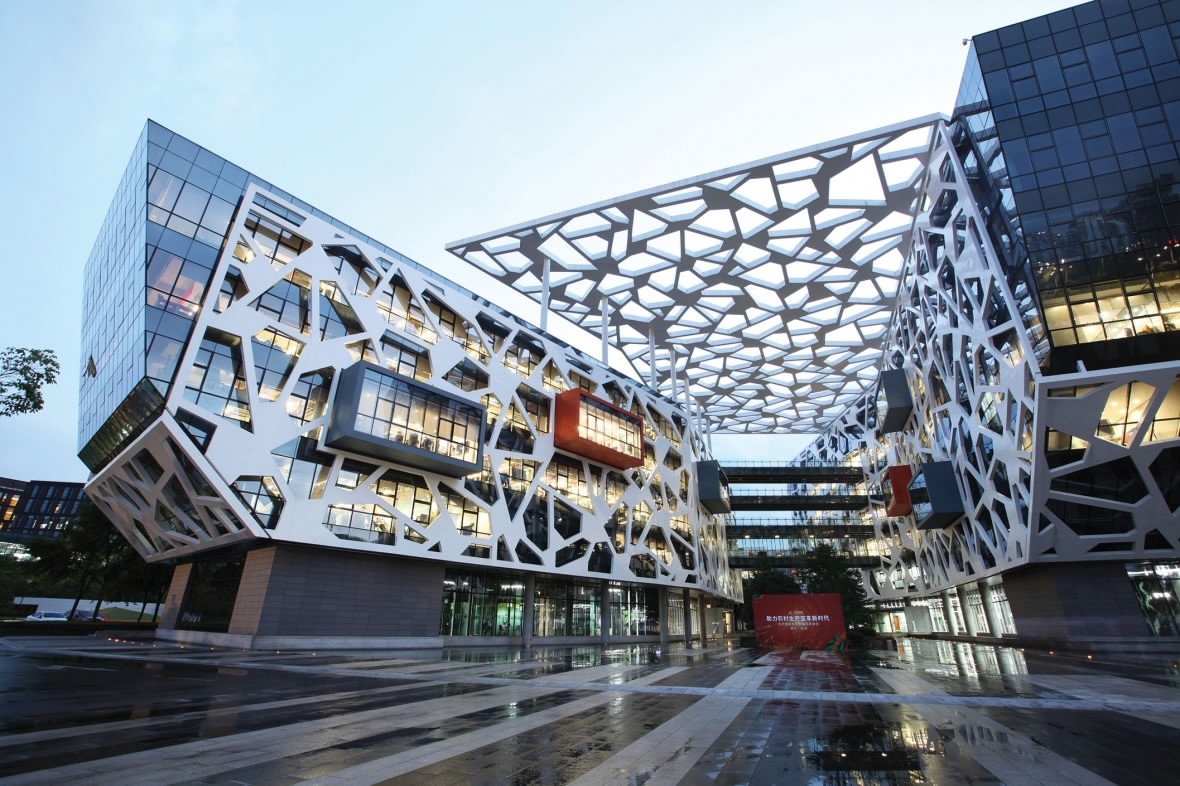
/VCG Photo
/VCG Photo
Although investments in Chinese companies are multiplying, they still fall behind, making up just 17 percent of AI investments, according to McKinsey’s report.
The global market for AI is projected to reach 37 billion US dollars in revenue by 2025, a 57-fold increase from 644 million US dollars in 2016.
As one of the fastest-growing segments in the IT sector, AI-related industries are expected to generate up to 26 percent of China’s gross domestic product (GDP) by 2030. The retail, financial services, and healthcare sector would be the largest regarding gains in this area.
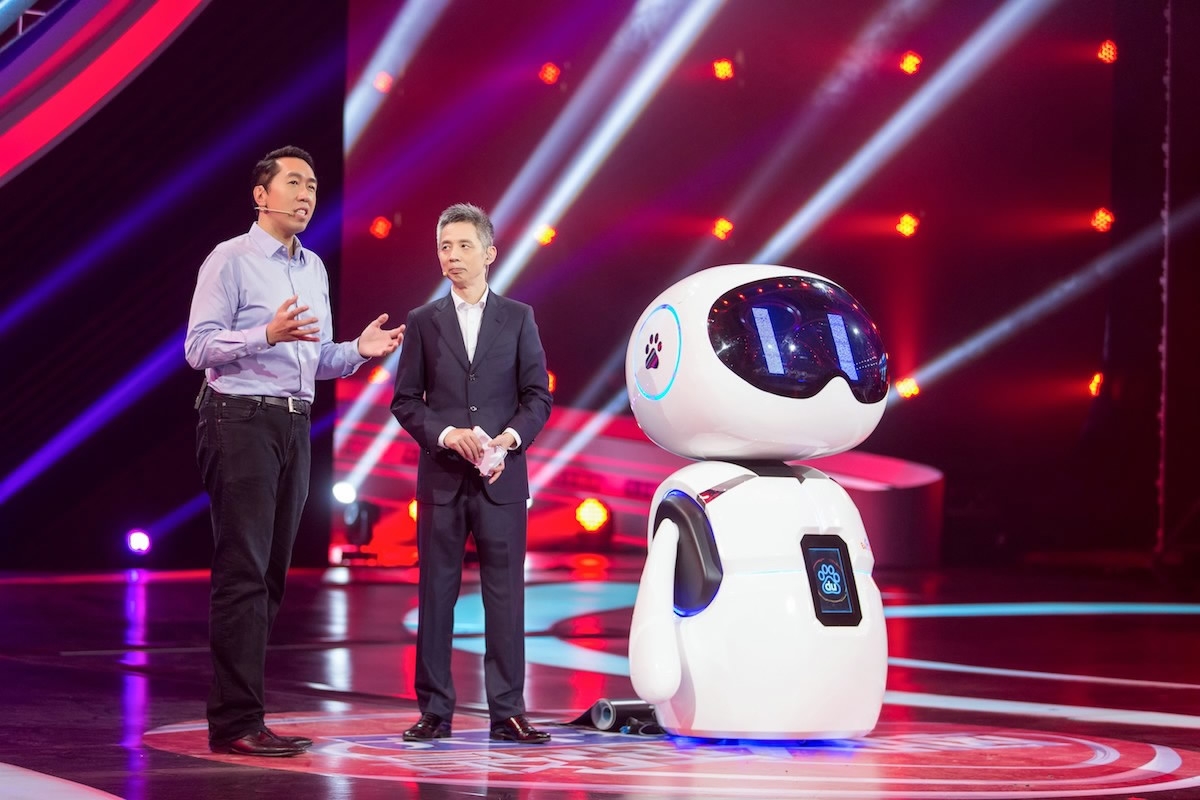
Baidu shows its "super brain" AI robot, Xiaodu /Baidu Photo
Baidu shows its "super brain" AI robot, Xiaodu /Baidu Photo
Business model in China's AI filed
Baidu, the pioneer in the Chinese AI field, currently has over 60 different types of AI services in its intelligence suite. The company has also pushed its AI ambitions through acquisitions and partnerships under its collaboration with NVIDIA. Baidu wishes to bring AI technology to cloud computing, self-driving vehicles, and AI home assistants, and has also acquired Kitt.ai, an NLP startup, to strengthen its voice ecosystem, the company told CGTN.
Meanwhile, Tencent recently stepped up its AI endeavors by developing a research lab in Seattle and released an AI-infused voice assistant in May.
Although Alibaba has already launched AI cloud services for the healthcare and manufacturing industries in China, it is still planning to invest 15 billion US dollars over the next three years in AI-related technologies for its future development, the company told CGTN.
0km

SITEMAP
Copyright © 2018 CGTN. Beijing ICP prepared NO.16065310-3
Copyright © 2018 CGTN. Beijing ICP prepared NO.16065310-3